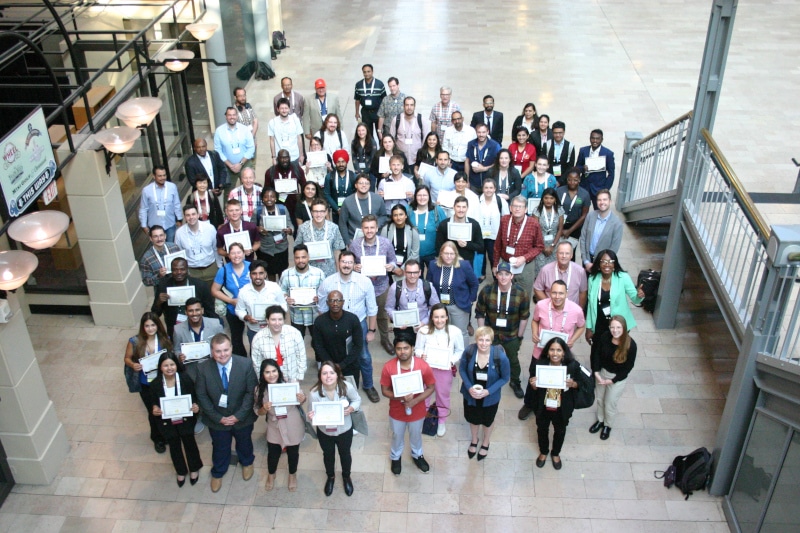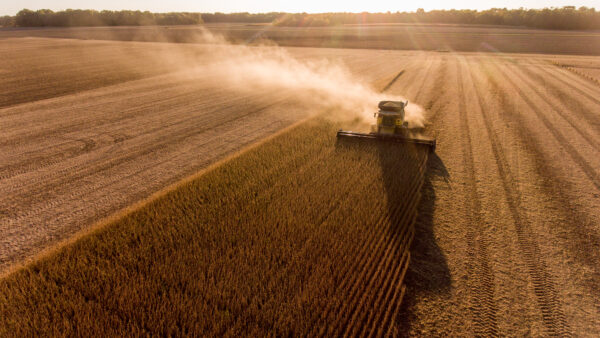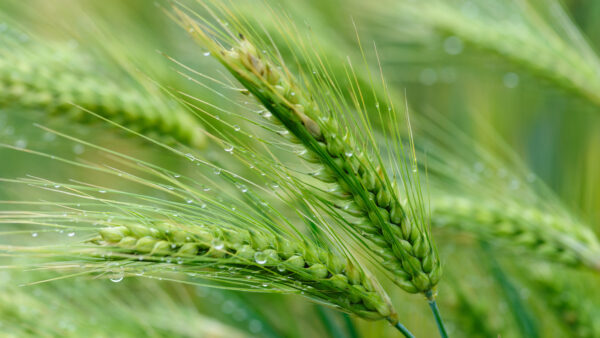In a world where environmental concerns are at the forefront of global discussions, the search for sustainable energy sources has never been more critical. At the intersection of agriculture, bioenergy, and plant breeding, innovative researchers are working diligently to pave the way for a greener future.
One such researcher is Marie Klein, a National Association of Plant Breeders (NAPB) Borlaug scholar and a PhD candidate in the horticulture and agronomy graduate group at the University of California, Davis. She sat down with Marc Zienkiewicz in Greenville, South Carolina at the NAPB meeting this past summer to talk about her groundbreaking work focuses on harnessing the potential of poplar trees to produce 100% sustainable aviation fuel
The Borlaug Scholarship Program plays a crucial role in strengthening the plant breeding profession by supporting the attendance of promising future leaders at the NAPB annual meetings. These scholars, like Marie, represent the next generation of innovators, aiming to address some of the most pressing global challenges, particularly related to climate change and sustainable agriculture.
Her journey into the world of plant breeding began with a desire to make a positive impact on the environment. Hailing from Cologne, Germany, an urban hub, she initially had little exposure to agriculture. However, she quickly recognized the importance of sustainable agriculture and the pivotal role it plays in addressing food security and climate change.
Her academic journey started with a Bachelor’s and Master’s degree in crop science and agriculture in Germany. Her passion for the field led her to work in various agricultural landscapes, including Benin, Burkina Faso, and the Philippines, where she worked at the International Rice Research Institute. These experiences shaped her perspective and instilled a deep-rooted commitment to sustainable agriculture.
Marie’s current project at UC Davis focuses on black cottonwood trees, also known as poplar trees, which are native to the Pacific Northwest, spanning from Canada to Southern California. These trees are renowned for their rapid growth and are considered a model system for tree research due to their relatively small genome and well-sequenced genetic information.
The goal of her research is nothing short of revolutionary: to develop 100% sustainable aviation fuel from these trees. The concept may seem ambitious, but it is born out of necessity. According to the Intergovernmental Panel on Climate Change (IPCC) report, biomass utilization, like that of trees, is essential to achieving carbon reduction goals. Trees have the unique ability to capture carbon from the soil and convert it into biomass, effectively creating a carbon-neutral energy source.
To achieve this ambitious goal, Marie and her team are faced with the challenge of growing these trees on marginal land – land that isn’t suitable for food crop production or other economic activities. Drought tolerance is a key attribute these trees must possess, as marginal lands may have poor soil conditions and limited access to irrigation.
Marie’s research involves extensive tree phenotyping and the use of advanced remote sensing technology to understand tree physiology. Moreover, the study of the genes responsible for drought tolerance is a significant component of the research.
Marie’s involvement in the National Association of Plant Breeders (NAPB) and the Borlaug Scholarship Program has been instrumental in her journey. These platforms provide her with the opportunity to network with renowned leaders in the plant breeding field, receive mentorship, and engage in valuable discussions about science, research, and the future of agriculture.










